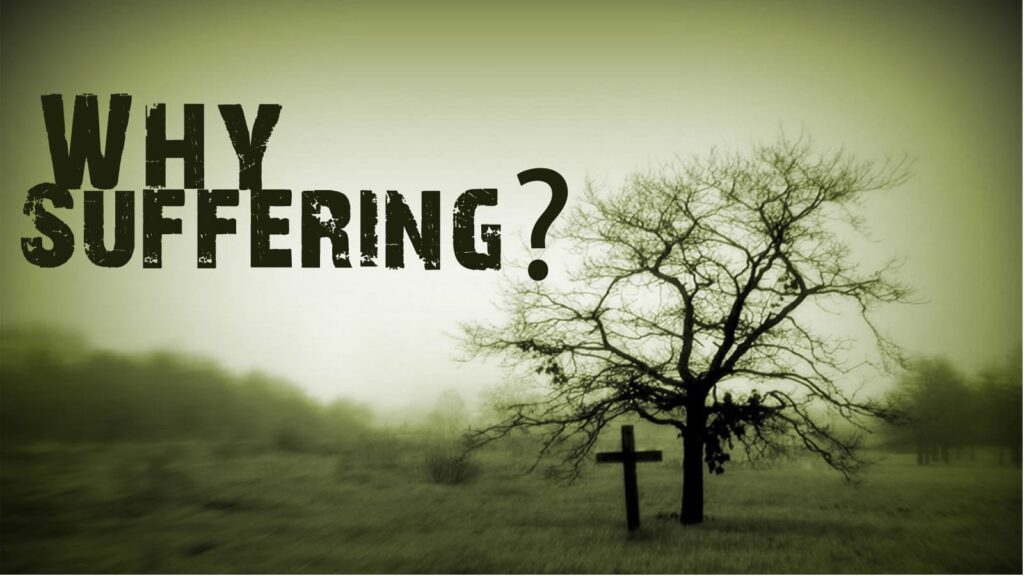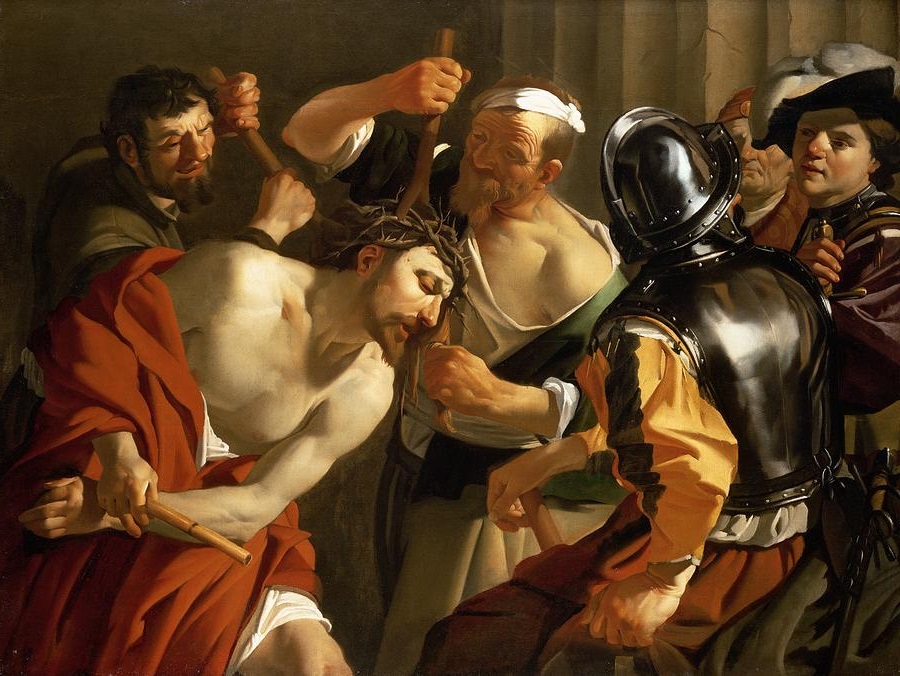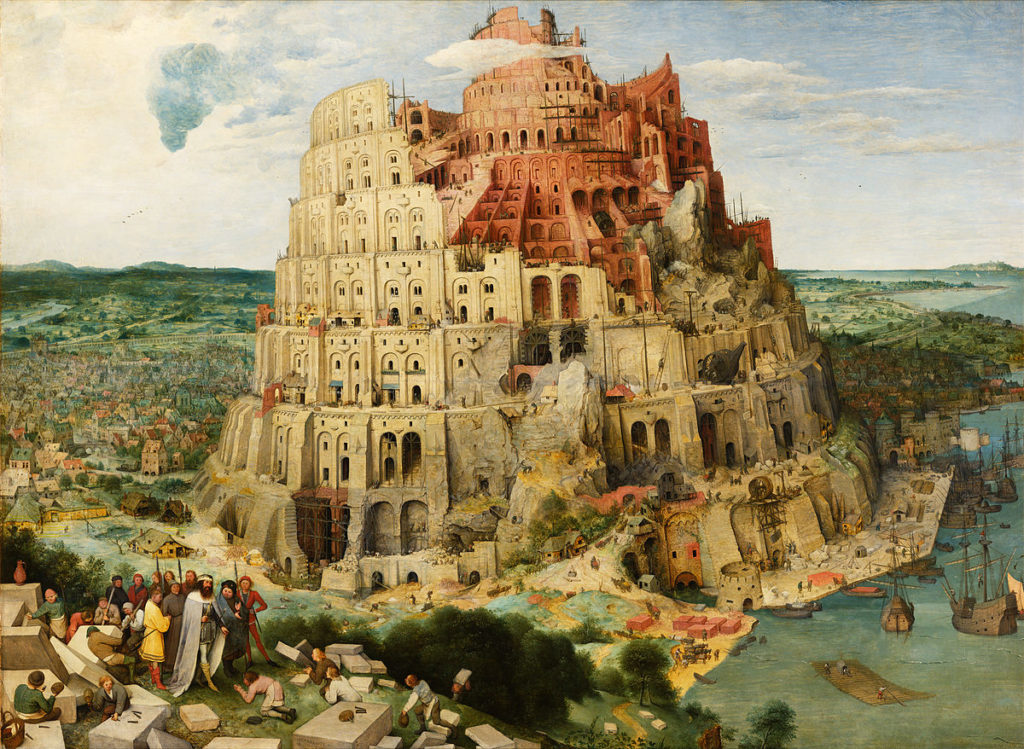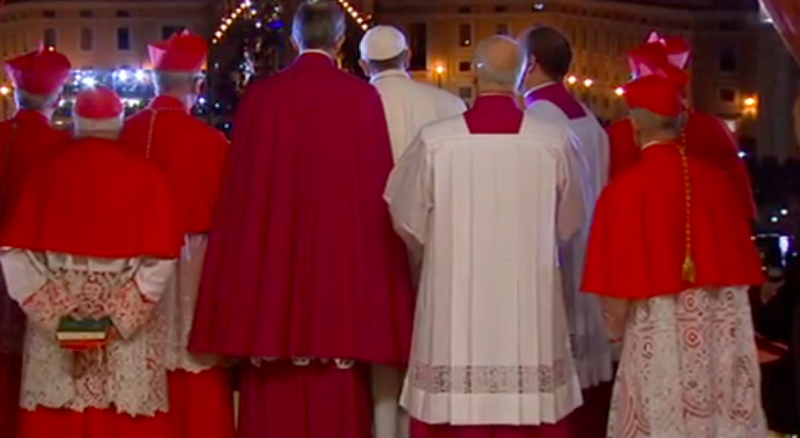What 19th Century Surgery Teaches Us About Moral Courage
I have just completed The Butchering Art, a book detailing one man’s mission to revolutionize Victorian-era surgery, transforming it from a near-certain death sentence into a life-saving practice. In today’s modern world of medicine, we often forget that we aren’t too many generations removed from a world that didn’t know anything about germs and sanitation. […]
What 19th Century Surgery Teaches Us About Moral Courage Read More »






